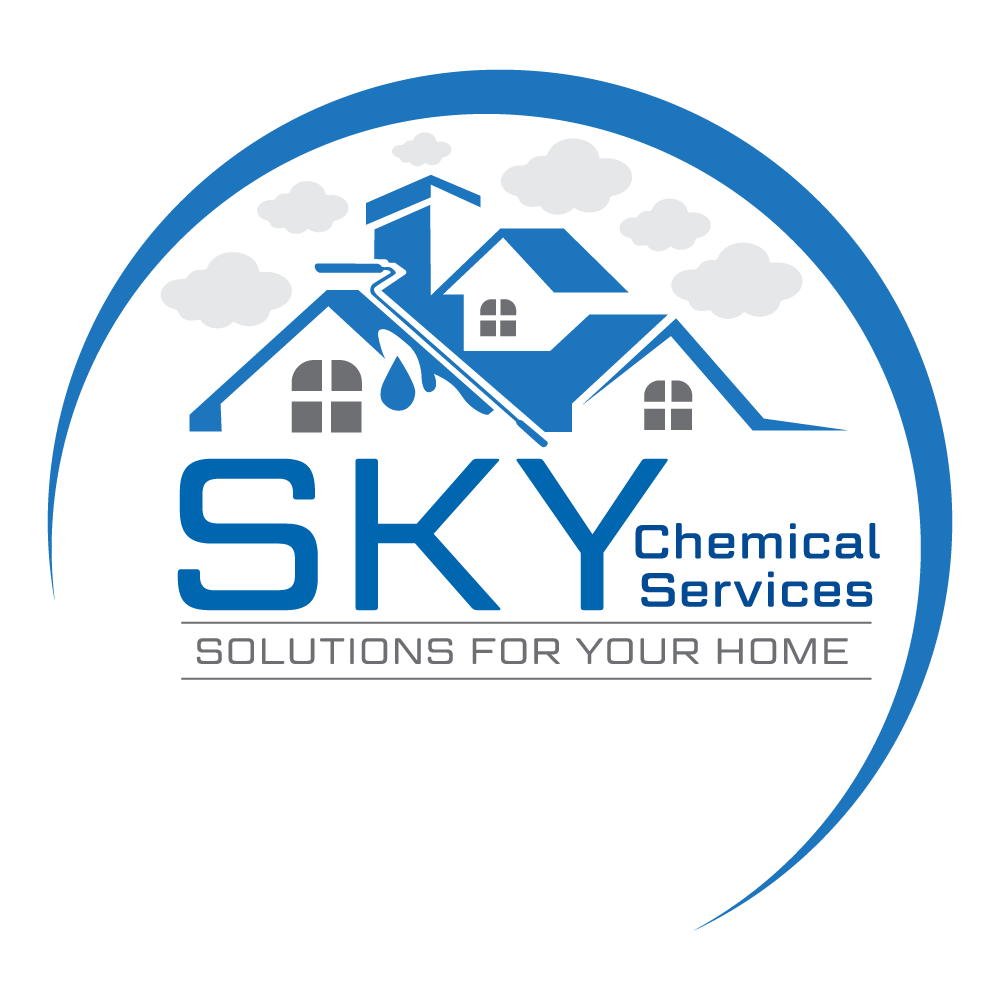Sky Heatproofing Chemical is designed to be versatile and can be applied to various types of surfaces, including concrete, metal, and tile. However, it’s always best to check specific product guidelines or consult with a professional to ensure compatibility with your particular surface type. ### Is Sky Heatproofing Chemical Suitable for All Types of Surfaces?
In today’s world, where climate change is leading to increasingly hot summers, the need for effective heat management solutions has never been more critical. One such solution is the Sky Heatproofing Chemical, a product designed to reduce heat absorption and improve energy efficiency in buildings. But the question arises: is this chemical suitable for all types of surfaces? In this blog, we will explore the versatility of Sky Heatproofing Chemical, its application methods, benefits, and considerations for different surfaces.
Understanding Sky Heatproofing Chemical
-
What is Sky Heatproofing Chemical?
- Sky Heatproofing Chemical is a specialized product formulated to create a thermal barrier on various surfaces. It works by reflecting sunlight and reducing heat transfer, thereby keeping indoor spaces cooler.
-
Key Features
-
Heat Resistance: Designed to withstand high temperatures.
-
Waterproofing Properties: Often combines heatproofing with waterproofing to protect against moisture damage.
-
Durability: Long-lasting effects that can extend the lifespan of roofing materials.
-
Suitable Surfaces for Application
-
Concrete Surfaces
- Sky Heatproofing Chemical is highly effective on concrete roofs and walls. Its adhesion properties ensure that it bonds well, providing a robust thermal barrier.
-
Metal Roofs
- Metal surfaces can absorb a significant amount of heat. The application of Sky Heatproofing Chemical can significantly reduce this heat absorption, making it suitable for industrial and residential metal roofs.
-
Tile Roofs
- Tile roofs, while aesthetically pleasing, can also benefit from heatproofing. The chemical can be applied to both clay and concrete tiles, enhancing their thermal performance.
-
Flat and Sloped Roofs
-
Whether your roof is flat or sloped, Sky Heatproofing Chemical can be applied effectively. It is designed to adapt to different roof types, ensuring comprehensive coverage.
-
Application Process
-
Preparation
- Before applying Sky Heatproofing Chemicals, the surface must be cleaned thoroughly. This includes removing dust, debris, and any existing coatings that may hinder adhesion.
-
Priming
- For optimal results, a primer may be applied to enhance the bonding of the heatproofing chemical to the surface.
-
Application
- The chemical can be applied using brushes, rollers, or spray equipment. Multiple coats may be necessary, depending on the surface and desired level of heat resistance.
-
Curing Time
-
After application, it is essential to allow adequate curing time for the chemical to bond effectively with the surface.
-
Benefits of Using Sky Heatproofing Chemical
-
Energy Efficiency
- By reducing heat absorption, Sky Heatproofing Chemical can lower cooling costs, making it an economically sound investment for homeowners and businesses.
-
Extended Roof Lifespan
- Protecting roofs from excessive heat can prevent wear and tear, extending the lifespan of roofing materials.
-
Comfortable Indoor Environment
- A cooler indoor environment enhances comfort, especially during hot summer months.
-
Environmental Impact
-
By reducing reliance on air conditioning, the use of heatproofing chemicals contributes to lower energy consumption and a reduced carbon footprint.
-
Considerations for Different Surfaces
-
Surface Compatibility
- While Sky Heatproofing Chemicals is versatile, it is crucial to check compatibility with specific surface types. Some surfaces may require additional preparation or specific primers.
-
Local Climate
- The effectiveness of heatproofing chemicals can vary based on local climate conditions. In extremely hot areas, additional measures may be necessary to achieve optimal results.
-
Professional Consultation
-
For best results, consulting with a professional who understands the specific needs of your building and its surfaces is advisable. They can provide tailored recommendations and ensure proper application.
-
Conclusion
Sky Heatproofing Chemicals is a versatile solution suitable for a variety of surfaces, including concrete, metal, and tile. Its ability to reduce heat absorption and improve energy efficiency makes it an excellent choice for homeowners and businesses looking to enhance comfort and protect their properties. However, it is essential to consider surface compatibility and local climate conditions when applying this chemical. By following proper application procedures and consulting with professionals, you can ensure that your investment in heatproofing yields the best possible results.
In a world where energy efficiency and comfort are paramount, Sky Heatproofing Chemicals stands out as a reliable solution for managing indoor temperatures and extending the lifespan of roofing materials.
Frequently Ask Questions
Q. Which chemical is heat resistant?
A. Heat-resistant chemicals include silicone-based compounds, certain epoxy resins, and fluoropolymers. These materials can withstand high temperatures without degrading, making them ideal for various industrial applications. They are commonly used in coatings, adhesives, and sealants.
Q. Which chemical absorbs heat?
A. Chemicals like ammonium sulfate and calcium chloride are known for their heat-absorbing properties. These substances can absorb moisture and heat, making them useful in applications such as dehumidification and cooling systems. They are often used in ice packs and cooling gels.
Q. What is the best anti-heat material?
A. The best anti-heat materials include reflective coatings, thermal insulation, and advanced materials like aerogels. Reflective coatings can deflect sunlight, while thermal insulation helps maintain temperature by reducing heat transfer. Aerogels are lightweight and provide excellent thermal resistance.
Q. What is the most heat-resistant chemical?
A. The most heat-resistant chemicals include certain ceramics, silicone compounds, and fluoropolymers, which can withstand extreme temperatures. For example, some ceramics can endure temperatures above 1,500°C (2,732°F) without losing structural integrity. These materials are often used in aerospace and industrial applications.
Q. How to protect the roof from sun heat in Pakistan?
A. To protect roofs from sun heat in Pakistan, consider applying reflective coatings or heatproofing chemicals. Installing thermal insulation and using light-colored roofing materials can also help reduce heat absorption. Additionally, planting vegetation or installing green roofs can provide natural cooling benefits.
